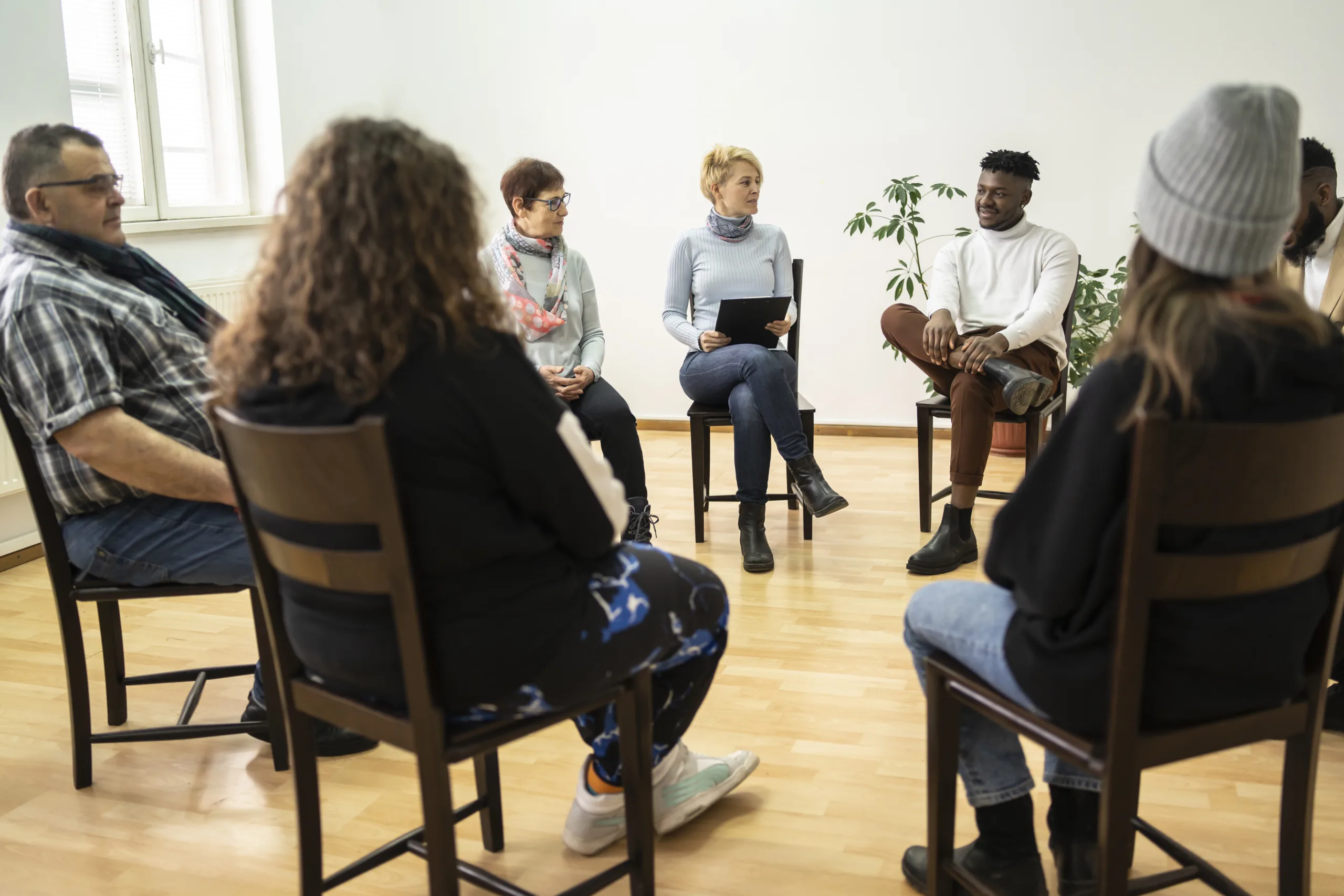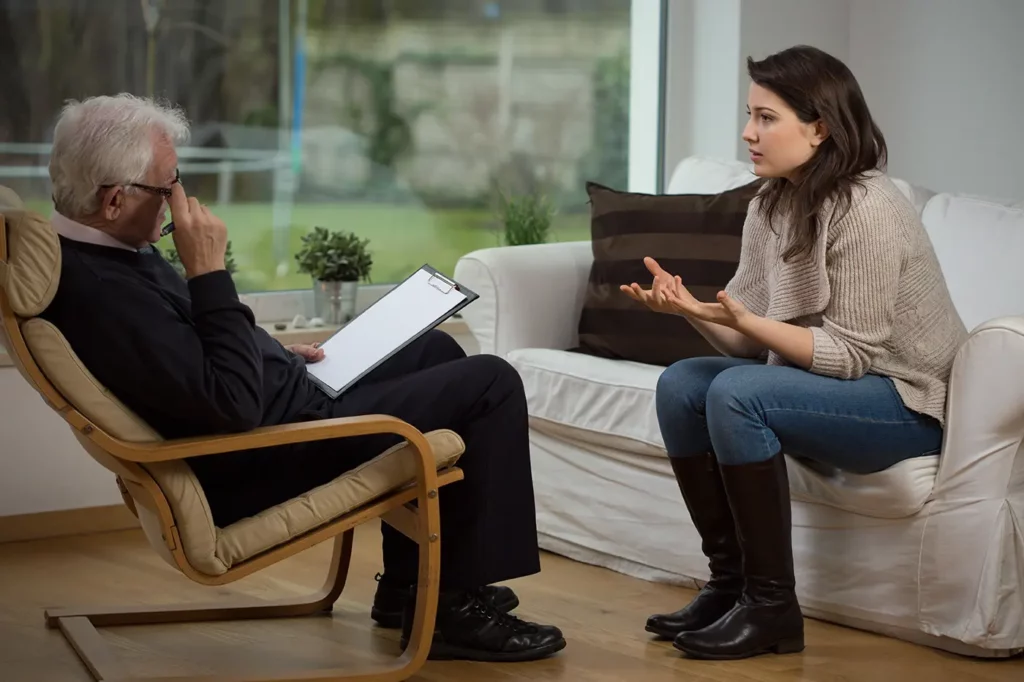24/7 Helpline:
(866) 899-221924/7 Helpline:
(866) 899-2219
Learn more about Residential Rehab centers in Monrovia
Residential Rehab in Other Cities

Other Insurance Options

Private insurance
Beacon

Lucent

United Health Care

ComPsych

BlueCross

WellCare Health Plans

Molina Healthcare

Optima

Evernorth

Group Health Incorporated

WellPoint

BHS | Behavioral Health Systems

UMR

Excellus

Medical Mutual of Ohio

Oxford

CareSource

Access to Recovery (ATR) Voucher

Carleon

Living Proof Recovery Center
Living Proof Recovery Center is a private rehab located in Monrovia, California. Living Proof Recove...

Garfield Place Transitional Sober Living Home
Garfield Place Transitional Sober Living Home is a private rehab located in Monrovia, California. Ga...

Alcohol Abuse and Addiction Information and Treatment
Alcohol Abuse and Addiction Information and Treatment is a private rehab located in Monrovia, Califo...













